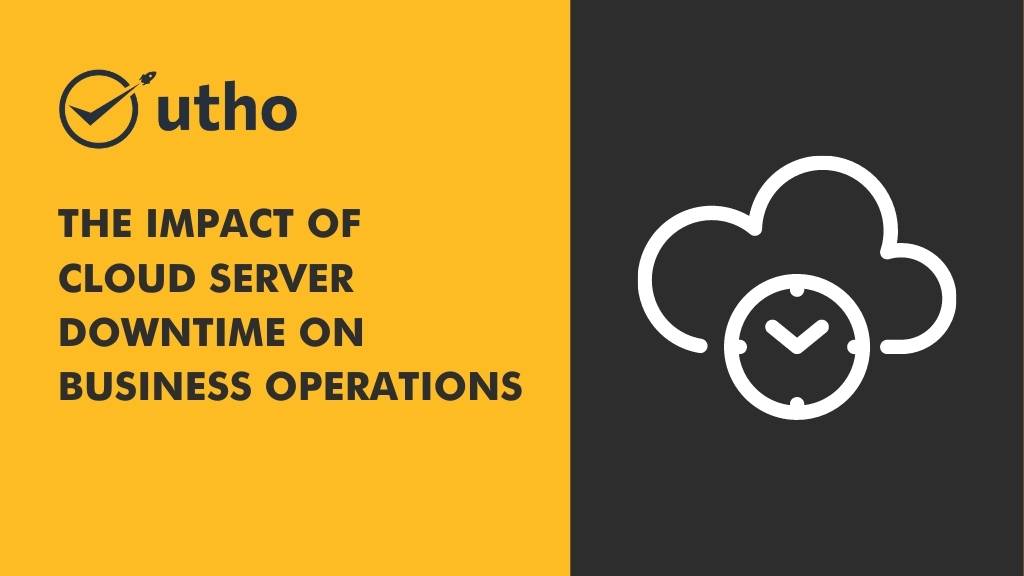The Impact of Cloud Server Downtime on Business Operations

The Impact of Cloud Server Downtime on Business Operations: Mitigation Strategies and Best Practices
In today's world, businesses are relying more and more on technology for their operations. Cloud servers have become an essential part of business infrastructure, providing a reliable and cost-effective solution for data storage and application hosting. However, with the benefits of cloud computing come the risks of cloud server downtime, which can have a significant impact on business operations. In this article, we will discuss the impact of cloud server downtime on business operations and provide mitigation strategies and best practices to prevent or minimize its effects.
What is Cloud Server Downtime?
Cloud server downtime is the period during which a cloud server is not accessible to its users. This can happen due to various reasons, such as hardware failure, network issues, software bugs, human error, or cyber-attacks. Cloud server downtime can cause severe disruptions to business operations, resulting in lost revenue, damaged reputation, and decreased productivity.
Impact of Cloud Server Downtime on Business Operations
Lost Revenue: Downtime can lead to lost sales, missed opportunities, and dissatisfied customers. In a highly competitive market, even a few hours of downtime can cause significant revenue loss.
Damage to Reputation: Customers expect businesses to be available 24/7, and any disruption to their services can damage their reputation. This can result in customer churn, negative reviews, and reduced trust in the brand.
Decreased Productivity: Employees may be unable to access critical data or applications, resulting in delays and decreased productivity. Downtime can also cause stress and frustration among employees, leading to a demotivated workforce.
Mitigation Strategies and Best Practices
Regular Maintenance: Regular maintenance of cloud servers can prevent hardware failure and ensure software is up-to-date. This includes regular backups, security patches, and monitoring for potential issues.
Disaster Recovery Plan: A disaster recovery plan outlines the steps to take in case of downtime. This includes backup and recovery procedures, testing, and regular updates.
Redundancy and Failover: Redundancy and failover systems ensure that if one server fails, another can take over seamlessly. This reduces the risk of downtime and ensures business continuity.
Monitoring and Alerting: Monitoring tools can identify potential issues before they occur and alert IT teams to take action. This includes real-time monitoring of server performance, network connectivity, and security threats.
Cloud Provider Selection: Choosing a reliable cloud provider with a proven track record of uptime and customer support can minimize the risk of downtime. This includes evaluating service level agreements (SLAs), customer reviews, and support options.
Conclusion
Cloud server downtime can have a severe impact on business operations, leading to lost revenue, damaged reputation, and decreased productivity. Mitigation strategies and best practices can minimize the risks of downtime and ensure business continuity. Regular maintenance, disaster recovery planning, redundancy and failover, monitoring and alerting, and cloud provider selection are essential components of a robust cloud infrastructure. By implementing these strategies, businesses can minimize the risks of cloud server downtime and ensure the smooth operation of their operations.
About Microhost
Microhost is a leading provider of cloud hosting solutions in India. With over ten years of experience in the industry, they offer reliable and cost-effective cloud hosting services for businesses of all sizes. Their services include cloud servers, dedicated servers, VPS hosting, and domain registration. Microhost has a proven track record of uptime and customer support, making them an excellent choice for businesses looking for a reliable cloud hosting provider.